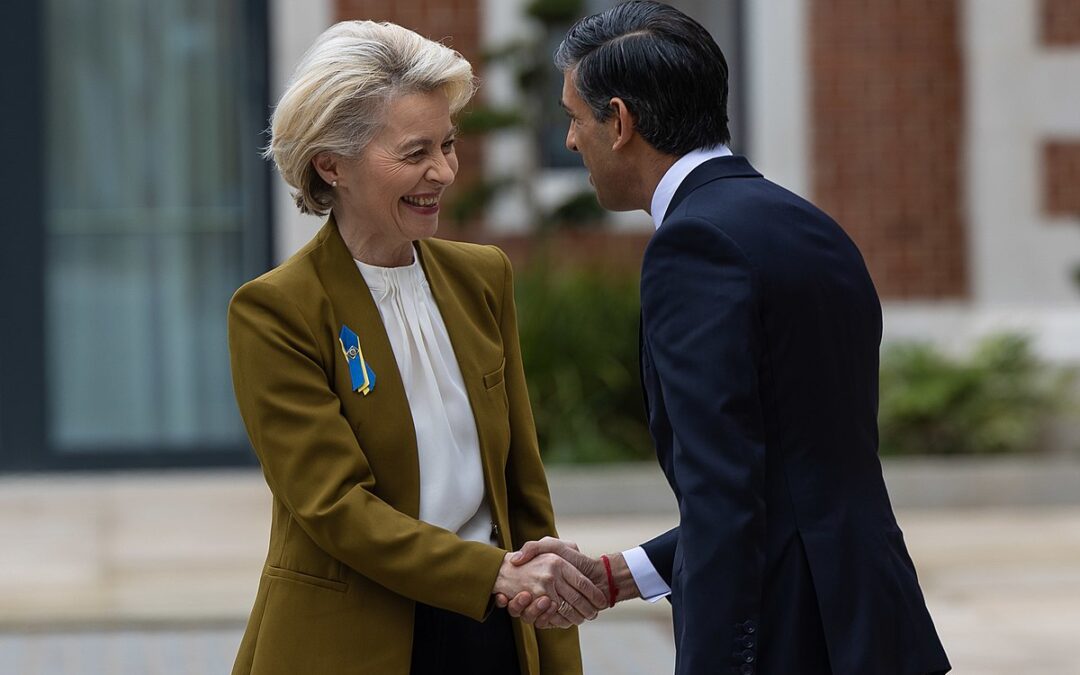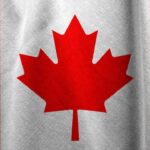Windsor Framework!
There are many dangers in the DUP's approach to Brexit. Without a doubt, the pressure is on as I write this. The DUP have long announced that they will not return to the Stormont Assembly, regardless of the Executive, unless the post-Brexit protocol is changed to meet their demands. Their main problem is that the same rules would not apply in the North as in Great Britain itself, due to the soft border between the North and Ireland. A soft border is enshrined in the Good Friday Agreement and customs checkpoints cannot be located on the border. Therefore, Brexit contravenes the Agreement, absent a special provision.
Northern Ireland Protocol
Former Prime Minister Boris Johnson agreed the Northern Ireland Protocol with the European Union and it came into effect on January 1, 2021. According to that arrangement, customs checkpoints are located at Northern Ireland ports and Belfast international airport , and all goods checked coming into the North – including goods from Great Britain, even if they are to stay in Northern Ireland. Previously, Johnson promised the DUP that he would not allow a border in the Irish Sea - and then broke his promise to them. No wonder the DUP felt betrayed and then refused to take a role in the Assembly ever since.
Windsor framework
The DUP boycott of Stormont has put pressure on the United Kingdom (UK) government in a number of ways. First of all, it is much more difficult to govern the North, without a devolved Northern government in place. Secondly, any member of the DUP who is a member of the UK Parliament must resign from that role were he/she to take up a role in the Assembly. As members of Parliament, they are able to put more pressure on the UK government in relation to the post-Britain protocol.
On the flip side of that, however, there are a few downsides to that approach. First, the boycott increases political instability and the risk of violence. Secondly, the Stormont boycott is against the will of the people and that is not a good thing. Even among its own followers, only half are in favor of the boycott, and that is a political risk for their own party! Undoubtedly, the DUP members are playing high stakes, not just for themselves, but for the North as well.
The UK government bowed to pressure, with Prime Minister Rishi Sunak and European Commission President Ursula von der Leyen putting together new trade arrangements - the 'Windsor Framework' - which will reduce customs checks on goods coming into the North from Great Britain. It is a compromise between the two parties and the European Union has undoubtedly conceded to the UK in relation to several points. But it's a good deal for the North, all things considered.
Significant progress but…
DUP leader Jeffrey Donaldson said the Windsor Framework was a significant step forward, but they still had key concerns about the Framework, particularly around the continued application of EU laws. There is still a lot of work to be done, according to Donaldson. But Rishi Sunak said the UK government has no plans to renegotiate the Framework.
In the first vote in parliament on the 'Stormont Brake', a central piece of the Framework, there were 515 members in favor and 29 (including 8 DUP members) against the Brake, and so it was passed.
A clash between the DUP and Sunak is likely to be inevitable, but Sunak currently has the upper hand on the Framework. But what will Jeffrey Donaldson do now?
Choices?
Jeffrey Donaldson and the DUP are now in a dilemma over what to do. It now feels very unlikely that the DUP will succeed in forcing their will on the UK government further with respect to the Framework. At the same time, Northerners are growing impatient since they still don’t have their own government in place, and support for the DUP may well dwindle if its boycott of Stormont continues. Without a doubt, the DUP is in a bit of trouble now.
In my view, it is now time for the DUP to swallow their pride and do the right thing and accept their seats in Stormont. Ultimately, they got a new deal regarding the Protocol, and it's a shame they're not happy with that. Who knows what the end of this story might be, but I have to admit that I am not overly optimistic about it.






